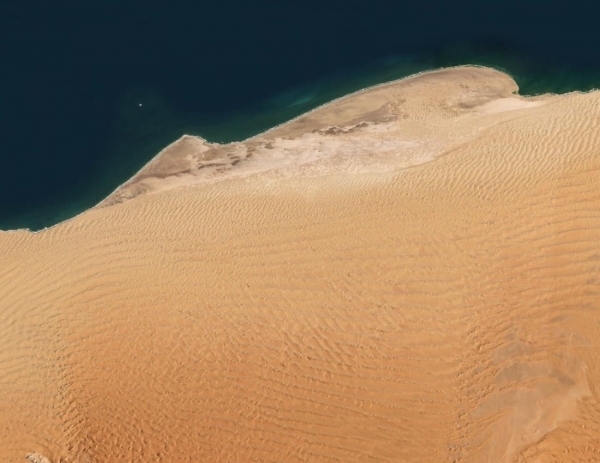Published in the International Journal of Obesity, University of Minnesota Medical School and School of Public Health researchers led a study on the relationship between dietary intake and cardiovascular disease risk factors.
articles
Scientists Crack the Code of What Causes Diamonds to Erupt
An international team of scientists led by the University of Southampton has discovered that the breakup of tectonic plates is the main driving force behind the generation and eruption of diamond-rich magmas from deep inside the Earth.
NASA Data Helps Bangladeshi Farmers Save Water, Money, Energy
With nearly 170 million residents, Bangladesh is one of the most densely populated nations in the world.
NOAA, NASA Spearheading a Massive Air Quality Research Campaign This Summer
Scientists from NOAA, NASA and 21 universities from three countries are deploying state-of-the-art instruments in multiple, coordinated research campaigns this month to investigate how air pollution sources have shifted over recent decades.
Dune Patterns Reveal Environmental Change on Earth and Other Planetary Bodies
Researchers have analyzed the shifting patterns of entire dune fields on Earth and Mars, as seen from orbit, and found they are a direct signature of recent environmental change.
When D Turns to F, Quantum Matter is A-Plus
Rice University physicists have shown that immutable topological states, which are highly sought for quantum computing, can be entangled with other, manipulable quantum states in some materials.










